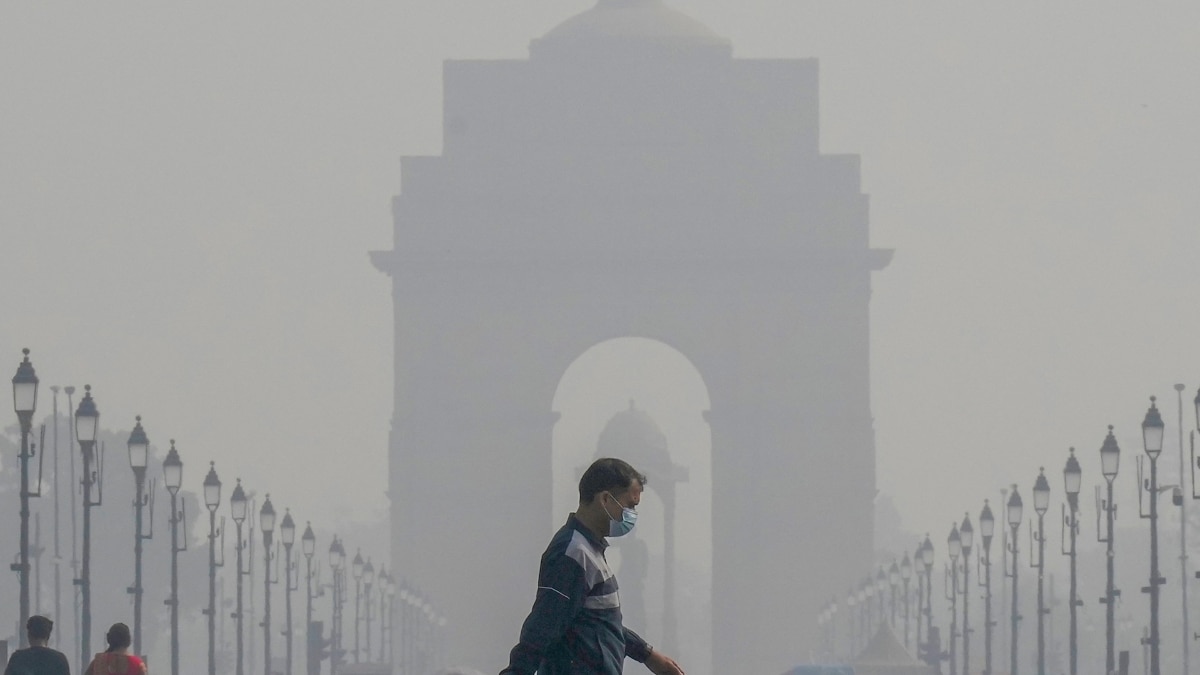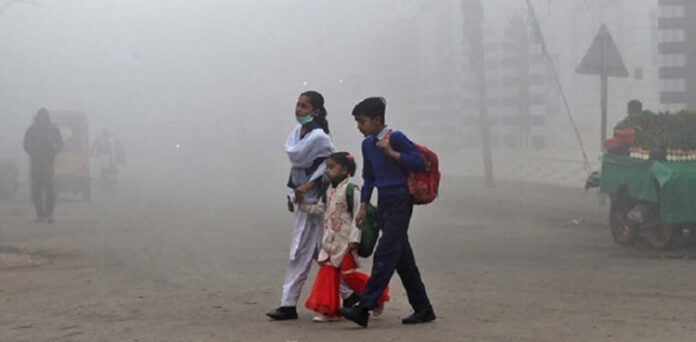
By Dr. Ashwin Naik As the chill of winter descends on North India, so does the annual haze of smog that blankets the region every year around this time. While headlines routinely spotlight the respiratory and cardiovascular consequences of poor air quality, a silent crisis unfolds in parallel — the impact of air pollution on mental health.
The gravity of this hidden toll demands urgent attention, as the emotional wellbeing of millions hangs in the balance. Pollution And The Mind: What Science Tells Us Research has increasingly confirmed the connection between air pollution and mental health challenges. A landmark 2019 study from the US and Denmark found that individuals exposed to long-term air pollution faced significantly higher risks of psychiatric disorders like depression, bipolar disorder, and schizophrenia.
Another study published in The Lancet Planetary Health highlighted that even short-term exposure to high levels of particulate matter (PM2.5) is linked to spikes in anxiety and depressive symptoms. Pollutants such as PM2.
5 and nitrogen dioxide are believed to disrupt neural processes by triggering inflammation in the brain. Air pollution, therefore, not only harms physical health but also invades emotional wellbeing, fostering despair, anxiety, and irritability. Real-Life Repercussions Of Severe Air Pollution For families in urban centres like Delhi, the implications extend beyond clinical diagnoses.
Imagine a household navigating the relentless disruptions caused by poor air quality: Financial Pressure: Rising medical bills for chronic respiratory issues can lead to significant emotional stress, especially for middle-income households. Workplace Strain: Adults frequently take time off work, affecting productivity and job security, further amplifying stress levels. Children’s Education: School closures during peak pollution days disrupt learning, causing frustration and anxiety among students and parents alike.
A recent survey conducted in North India found that nearly 45% of respondents reported feeling helpless and stressed due to the pervasive impact of winter air pollution — a stark reminder of the psychological dimension of the crisis. How Employers Can Help Organisations can be a crucial support system for employees during this challenging period. By taking a holistic approach, they can help mitigate the dual burdens of physical and mental health impacts.
Create Awareness: Share educational content on coping strategies, such as dietary tips to combat pollution-related inflammation and mindfulness practices to reduce anxiety. Flexible Policies: Encourage hybrid or remote work models during hazardous AQI days, reducing exposure to pollution and easing commute stress. Offer Mental Health Support: Partner with wellness providers to offer access to therapy, meditation sessions, or online counseling tailored to employees’ needs.
Equip Employees: Provide tangible resources like air purifiers, pollution masks, or subsidies for healthcare expenses to alleviate immediate concerns. Policy Imperatives And Collaborative Solutions Addressing this issue at a macro level requires governmental and societal action. Policies like the Graded Response Action Plan (GRAP) should integrate mental health components, offering hotlines or counseling support for residents during peak pollution periods.
Civic bodies can collaborate with corporates to fund community wellness initiatives, ensuring that mental health becomes part of India’s broader public health agenda. The mental health impact of air pollution is an urgent and complex challenge, but it is not insurmountable. By fostering awareness, building resilience, and advocating for systemic changes, we can help those affected cope better with this crisis.
Let us not only breathe cleaner air but also create a healthier, more emotionally balanced future for all. Dr. Ashwin Naik is the Co-founder and CEO of Manah Wellness.
[Disclaimer: The information provided in the article, including treatment suggestions shared by doctors, is intended for general informational purposes only. It is not a substitute for professional medical advice, diagnosis, or treatment. Always seek the advice of your physician or other qualified healthcare provider with any questions you may have regarding a medical condition.
] Check out below Health Tools- Calculate Your Body Mass Index ( BMI ) Calculate The Age Through Age Calculator.














